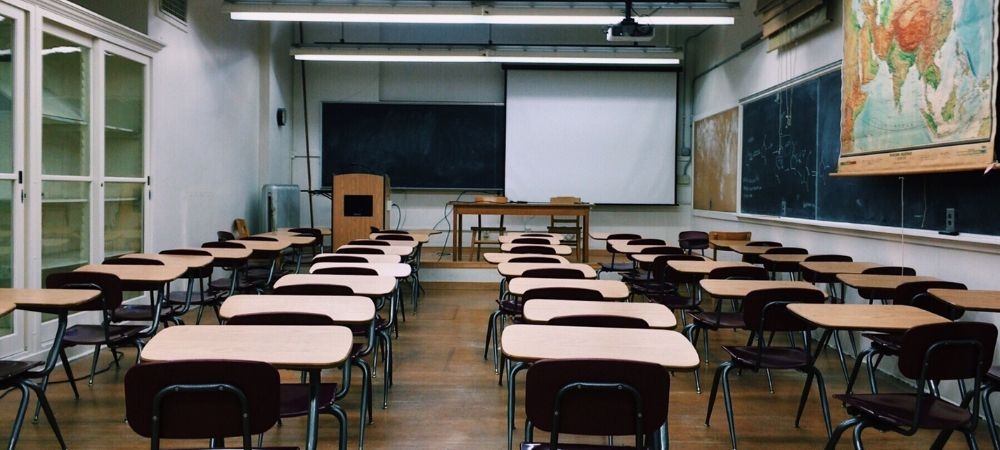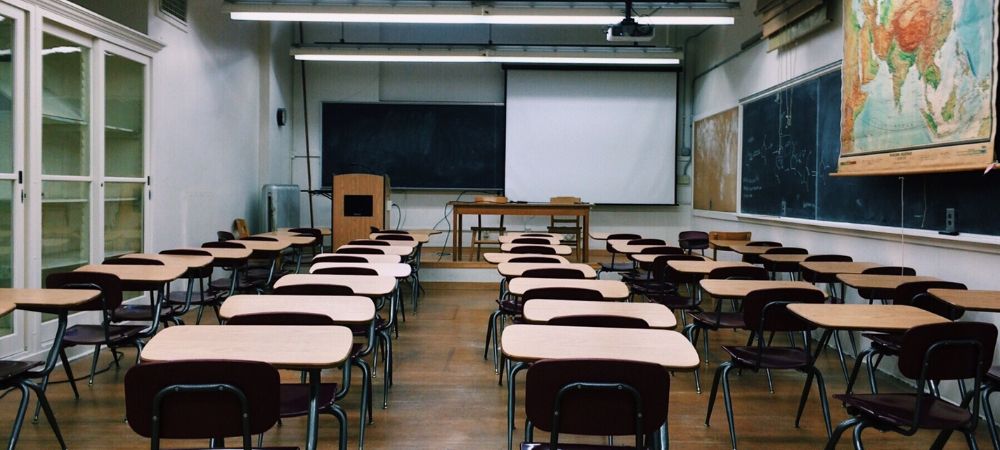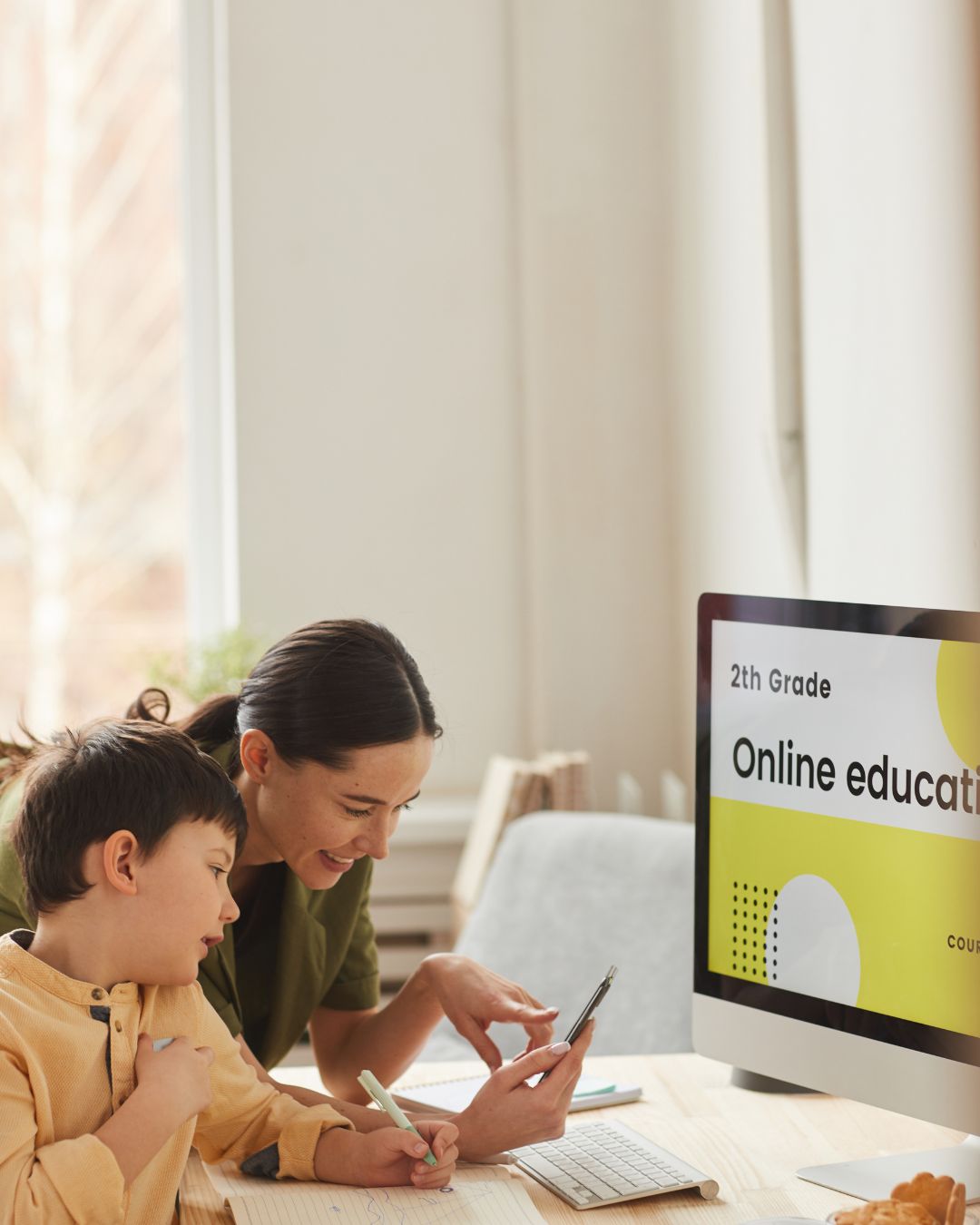

So, charter schools, they're pretty interesting when you think about it. They've been around for a while now and have had quite the evolution over the years. extra details offered go to it. The history of charter schools can be traced back to the late 1980s when they first started popping up in different states across the US.
These schools were created to provide alternatives to traditional public schools and give parents more choice in where their children receive education. Instead of being run by the local school district, charter schools are independently operated and have more freedom when it comes to things like curriculum and teaching methods.
Over time, charter schools have grown in popularity and now serve millions of students nationwide. Receive the inside story check right here. They have faced some challenges along the way, though, including criticisms about accountability and funding issues.
Despite these obstacles, charter schools continue to thrive and offer unique educational opportunities for students. Whether you're a fan of them or not, there's no denying that they play an important role in our education system today.
Charter schools and traditional public schools ain't the same, ya know? There be some key differences between 'em.
One major thing that sets charter schools apart is their autonomy. They ain't gotta follow all the same rules and regulations as traditional public schools do. This gives them more freedom to try out different teaching methods and curriculums.
Another difference is how they're funded. Charter schools receive funding from both the government and private sources, while traditional public schools rely solely on government funding. This can affect things like class sizes and resources available to students.
Furthermore, charter schools often have a specific focus or theme, such as STEM education or the arts. This can attract students who are interested in those subjects and provide a unique learning environment.
In conclusion, while charter schools and traditional public schools both serve a valuable purpose in educating our youth, there be clear differences between 'em that can impact the overall educational experience for students.
In the United States, public school teachers invest approximately $479 out of pocket each year on class supplies, highlighting funding spaces.
Norway offers college education and learning free of fee to all trainees, irrespective of their nationality, stressing the nation's dedication to easily accessible education.
The world's earliest continually operating college, the University of Al-Qarawiyyin in Morocco, was started in 859 AD by a female, Fatima al-Fihri.
Educational technology financial investments reached over $18.66 billion in 2019, mirroring the growing emphasis on digital knowing devices.
So, let's talk about the importance of lifelong learning in staying relevant and adaptable.. Education is not just something you do when you're young and in school - it's a journey that lasts your whole life.

Posted by on 2024-05-02
In today's fast-paced world, it's important to keep up with the latest developments in your field.. By continuously updating your skills and knowledge through lifelong learning, you can ensure that you stay competitive in the job market.

Posted by on 2024-05-02
Hey there!. So, let's talk about transforming your future with quality education opportunities.

Posted by on 2024-05-02
As we look ahead to the future, it's clear that technology will continue to have a profound impact on education.. From virtual reality to artificial intelligence, there are countless innovations that will shape the way students learn and teachers teach.
One major trend in educational technology is personalized learning.

Posted by on 2024-05-02
When it comes to funding and accountability for charter schools, there's been a lot of debate lately. Some people argue that charter schools shouldn't receive as much funding as traditional public schools because they aren't held to the same standards. But let me tell ya, charter schools play an important role in our education system and deserve fair funding.
Now, I ain't sayin' that charter schools don't have their issues when it comes to accountability. There have been cases where charters haven't been properly overseen or held accountable for their performance. But hey, that doesn't mean we should just write 'em off altogether.
We gotta find a balance between providing enough funding for charter schools to thrive while also holding them accountable for student outcomes and financial transparency. It's all about striking a balance, ya know?
So next time you hear someone talkin' smack about charter schools and their funding, remember that they serve a purpose in our education system. Let's work together to ensure that charter schools get the resources they need while also being held accountable for their actions.

Charter schools, they can offer some great benefits for students but at the same time, they can also present some challenges. One of the main benefits is that charter schools have more flexibility in their curriculum and teaching methods, which can lead to a more personalized education experience for students. This can be especially helpful for students who learn best in non-traditional ways.
However, one of the challenges of charter schools is that they are often underfunded compared to public schools. This lack of funding can lead to limited resources and support services for students, making it harder for them to succeed academically. Additionally, charter schools may not always have the same level of oversight and accountability as public schools, which can raise concerns about the quality of education being provided.
Overall, while charter schools can offer unique opportunities for students, it's important to consider both the benefits and challenges before deciding if this type of education is right for you or your child.
Hey there! Let's talk about some success stories of charter schools. These schools have been able to make a real difference in the lives of students, providing them with unique opportunities for growth and learning.
One example is a charter school in a low-income neighborhood that has consistently seen high graduation rates and college acceptance among its students. This shows that despite the challenges they may face, these students are capable of achieving great things when given the right support and resources.
Another success story comes from a charter school that focuses on STEM education. Students at this school have gone on to win prestigious science competitions and pursue careers in fields like engineering and technology. It just goes to show how important it is to provide students with specialized programs that cater to their individual interests and talents.
Overall, these success stories highlight the positive impact that charter schools can have on student achievement and future success. They serve as proof that with dedication, hard work, and the right environment, all students can reach their full potential. So let's continue supporting these innovative educational options for our children's bright futures ahead!
Charter schools, they get a lot of criticisms and controversies, you know? Some people say they take money away from public schools and don't serve all students equally. But others argue that charter schools provide more options for families and can lead to innovation in education.
One big criticism is that charter schools can be selective in who they admit, which means some students may not have the same opportunities as others. And there are concerns about accountability, like who's making sure charter schools are actually doing a good job educating kids.
But hey, not everyone agrees with these criticisms! Some folks think charter schools offer a chance for parents to choose the best school for their child, especially if their local public school isn't meeting their needs. And supporters say that competition from charter schools can push public schools to improve.
So yeah, there's definitely a lot of back-and-forth when it comes to charter schools. It's important to consider all sides of the debate before forming an opinion on this controversial topic.
Well, let me tell you something about the future outlook for charter schools in education. It ain't lookin' too bright, to be honest. Many folks believe that charter schools are gonna continue to play a big role in education, but others ain't so sure.
One of the main reasons why some people think charter schools might not have a strong future is because they often lack oversight and accountability. This means that they ain't always held to the same standards as traditional public schools, which can lead to issues with quality and equity.
On the other hand, some folks reckon that charter schools could actually become even more popular in the future. They argue that parents want more choices when it comes to their kids' education, and charter schools offer an alternative to the one-size-fits-all approach of traditional public schools.
But hey, who really knows what's gonna happen? The future of charter schools in education is still up in the air, and there's plenty of debate about their role going forward. Only time will tell if they'll continue to thrive or if they'll fall by the wayside.
